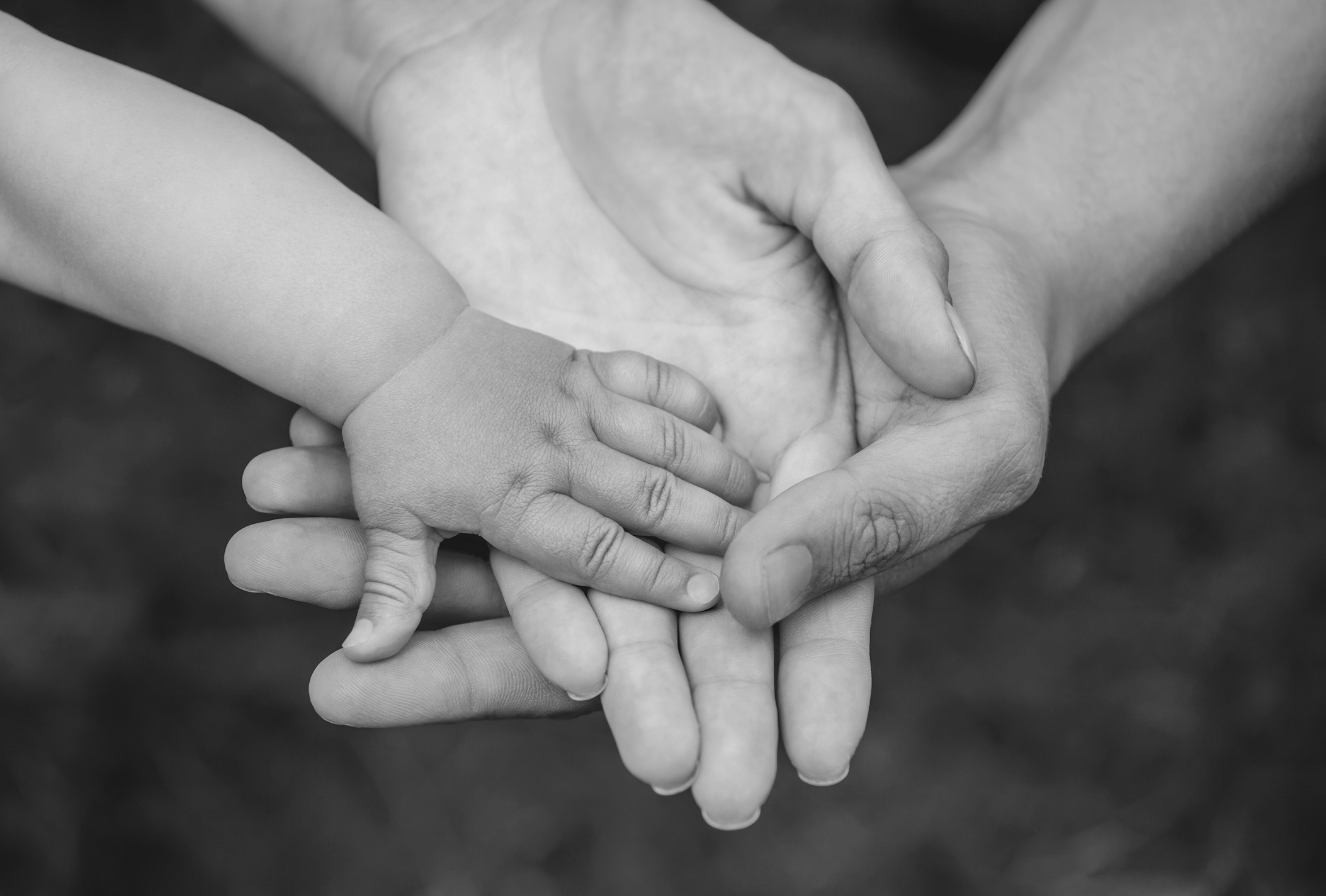Do Parenthood and Parental Care Motives Lead To Increased Religiosity?

Psychologists have spent a lot of time studying how parenting affects children. Attachment theory, for example, may be one of the widest studied topics in all of psychology. But despite a longstanding focus on parenting and children, relatively little time has been spent thinking about how parenthood affects parents themselves. This is in many ways surprising.
From both an evolutionary and a personal perspective parenthood is important. Becoming a parent changes people physically, increasing or decreasing the production of hormones like testosterone which have well documented behavioral correlates. Becoming a parent also changes behavior. As any parent will tell you, caring for children requires time and energy. Parents typically spend a good portion of their day feeding, bathing, and otherwise caring for their children. Many of the recreational activities that people enjoyed before becoming parents are less of a priority after children, and people often weigh the costs and benefits of many decisions differently after children than before. Given all these changes, it’s not much of a stretch to think that parenthood might also be psychologically important.
Why Would Parenthood Lead To an Increase in Religion?
The hypothesis that religion leads people to parenthood has been around for some time. Many religions encourage procreation, and some—perhaps most famously Catholicism—prohibit contraception. Thus, it might come as little surprise that parents report higher levels of religiosity in the US than non-parents. While the logic of religion leading to parenting may well be correct, my collaborators and I were interested in whether the opposite might also be true: that having children leads people to adopt more religious beliefs and practices.
But why, you may wonder, would parenthood influence people’s religiosity? Put simply, many major religions encourage people to adopt lifestyles and social arrangements that are safer, where moral violations from violence to adultery are strictly condemned, where social support from community members is widely available, and where traditional family life is valued. Of course, this might not be to everyone’s taste.
For single and childless people looking to euphemistically “date around” any benefits of the lifestyle or social arrangements encouraged by religion might be outweighed by the costs of more restrictive approaches to sex (and associated vices like drugs and alcohol, which are known to facilitate sex). But for people who have young children to look after, and especially for parents who are strongly motivated to invest in childcare, living in a society with more community support, less intoxication, and less likelihood of one’s co-parent being poached by a romantic rival may seem appealing. Based on this rationale, we hypothesized that parenthood might lead to increases in religiosity and that inducing a parental mindset might also lead to short-term changes in people’s religious inclinations.
Our Parenthood Study
To test our ideas, my co-authors—Damian Murray and Marjorie Prokosch—and I ran a series of studies recently published in Personality and Social Psychology Bulletin (open access paper here).
In the first four studies, we asked MTurk samples and one student sample in the USA (totaling 2,537 participants) about their attitudes to children (i.e., their parental care motivation). We had people rate their agreement with statements like “When I see infants, I want to hold them” and “I can’t stand how children whine all the time” (the latter was reverse scored). We also asked participants questions about their religiosity, as well as their parenthood status, age, and other demographic information.
To test whether relationships between parenthood and religiosity generalized outside of wealthy, Western, Christian countries, we analyzed archival data from the World Values Survey—a large international dataset which includes representative samples from 60 countries, totaling nearly 90,000 participants. Finally, in three of the studies, we tried to experimentally manipulate parental care motivation by randomly assigning people to one of two experimental conditions. In the childcare condition, we had participants complete a recall task in which they either wrote about a positive childcare experience they remembered (for mixed-age parents and non-parents in studies 1 and 2) or talked about an imagined parenting experience (for young non-parents in study 4a). Participants in the control conditions wrote/talked about equivalent positive experiences in which they interacted with adults. The idea was that inducing a parental mindset might lead to acute changes in religiosity.
The Influence of Parenting on Religiosity
Consistent with our broader hypothesis, we found that:
- Both parenthood and differences in people’s parental care motivation were strong predictors of religious belief.
In fact, parental care motivation shared more than 15% of variance with religiosity in US samples.
- The relationship between parenting and religious belief was largely specific to religious belief—not to other supernatural beliefs like superstitions, witchcraft, or telekinesis.
This finding supports our hypothesis that it is the moral and social aspects of religion (rather than the supernatural) that underlie the relationship with parenthood.
- Statistically controlling for parenthood and parental care motivation made age differences in religiosity disappear.
In the general population older people are more religious than younger people. In our data, most of this difference was explained by parenthood status; age differences among non-parents were small or non-existent.
- Data from the World Values Survey indicated that the relationship between parenthood and religiosity was present in most countries and most major religious groups.
This is consistent with the idea that the relationship between parenthood and religion is functional (i.e., serves some purpose), rather than a historical coincidence. It also raises interesting questions for future research regarding the sources of variance in this relationship.
- Participants who were engaged with the experimental manipulation reported stronger feelings of religiosity in the childcare condition compared to the control condition.
Experimental increases in religiosity were mediated by increases in parental care motivation.
All in all, these studies offer support for the hypothesis that being a parent and being highly motivated to take care of kids might, on average, make mainstream religions more appealing. As with all studies, however, there are some limitations. One big limitation is that we did not track people transitioning to parenthood. If we were able to measure people’s religiosity before and after becoming parents, we might have better causal evidence regarding the effect of parenthood. Nonetheless, for the time being, the evidence suggests that parenting motives lead to increases in religiosity.
Parenting and Religion: What Are the Implications?
If parenthood and parental care motives influence religiosity, then we have evidence that people’s belief in high-level spiritual and moral belief systems can be influenced by their situation and motivations. Beyond this theoretical insight, these findings have potentially important implications for how changes in demographics might shape the religious and moral landscape of society. For one thing, falling birthrates may imply that people will be less religious in the future than in the past. In a world in which many nations are experiencing rapid changes in birthrates, this possibility has far-reaching implications for social institutions.

